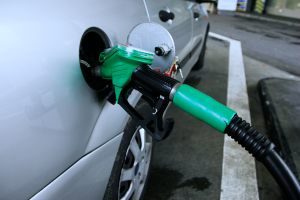
Finance functions in the UK have always had a strong focus on costs and cost reduction. Most CFO’s like to set a good example by constantly looking at their own Finance department for cost efficiencies.
Traditional productivity levers like workforce reduction and automation for most organisations finance departments have been used extensively over the last two decades.
This focus has increased in its intensity over the last 4 years since the global recession began.
For most companies in the UK, this is a well trodden path however most are now experiencing diminishing returns as they attempt to repeatedly “transform” their finance functions in this way for cost reduction.
The days of easy simple staff reductions and automations are now behind most finance functions.
Treading this same path over again just results in a choice of either consciously taking decisions to do less with less resources and choosing which activities to stop, or the more common and far worse situation of attempting to do the same activities but with less resource. As many have found out, this path only leads to increases in risk, compliance and business support issues.
So, given the diminishing returns, what is the CFO under pressure to reduce costs to do?
The finance function is mainly made up of four key processes.
A good place to start is a benchmark exercise to consider the current in house processes against best practice and consider how these processes can be improved and streamlined where necessary.
Business Planning – The entire planning cycle.
Source to Pay (S2P) – The entire process from purchase requisitioning, supplier and product selection, order processing and payment.
Order to Cash – The process from sales order processing through to cash collection.
Consolidation To Report – The process of reporting at low local level, through to financial consolidation and subsequent management and statutory reporting.
For each of the above processes, the cost conscious CFO needs to look carefully at the three main areas of cost generation – staffing, consulting and systems costs.
The streamlining of a process may involve investment in systems and consulting, but the key is to take a bottom line cash view to any review.
Benchmarking of these key processes is always the right place to start, but is one that is so often overlooked by finance departments. It is only when current practices are carefully reviewed and compared to best practice that a lack of investment in modernisation of techniques and systems can become apparent. Comparison then of “as is now” with the best of breed should point the way to running a finance department that is as efficient and cost effective as the best can be achieved.
Accountant Loughton – Transform Accounting – Accountant Essex
Read Full Post »









